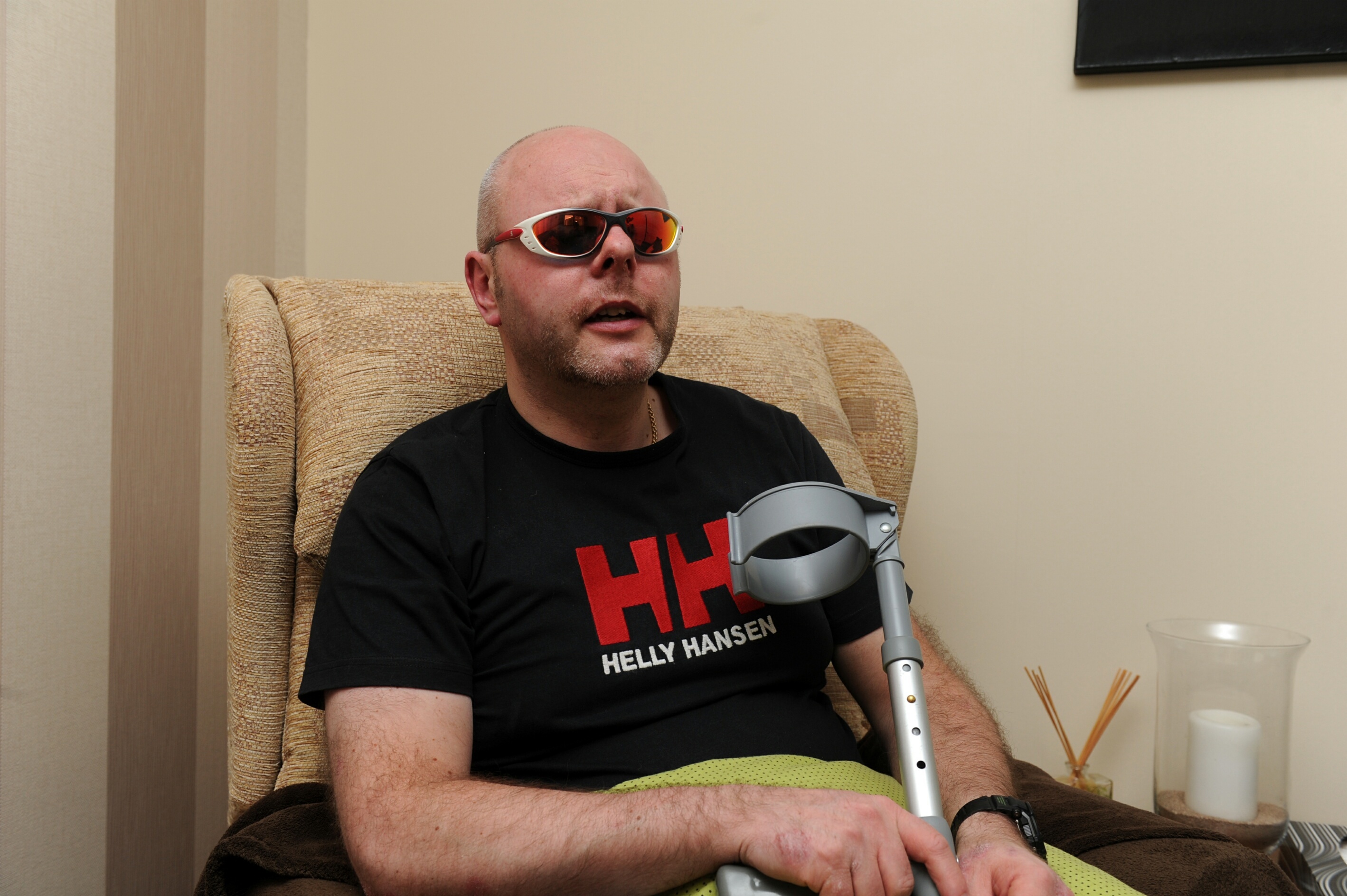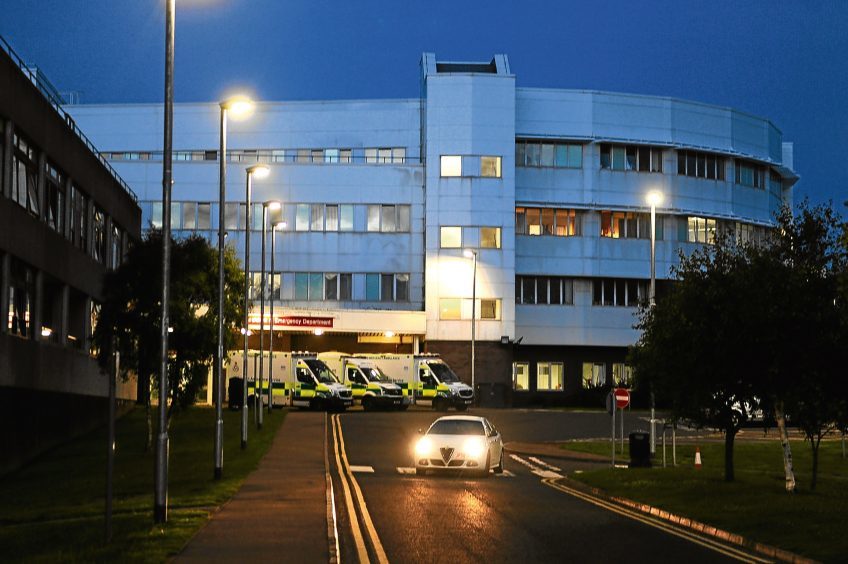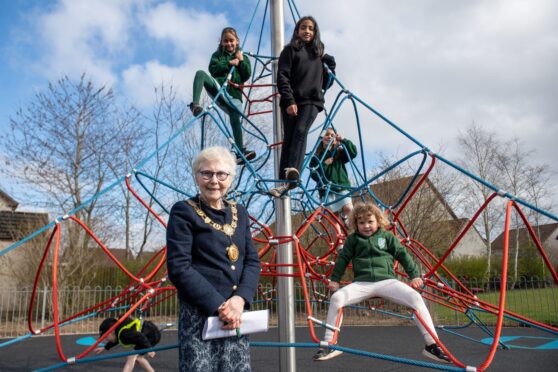A dying Angus man has demanded answers after a series of alleged care errors at Ninewells Hospital.
Dad-of-two Keith Swankie from Arbroath claimed he passed out in pain after being told he would need to wait to get his medication.
He was eventually moved to another ward but his distress continued when he was allegedly given the wrong medication which left him “immobile and unable to function”.
Mr Swankie was diagnosed with the debilitating disease progressive supranuclear palsy (PSP) in 2012 which has a life expectancy of around eight years.
Glasgow SNP MSP Bob Doris, who chairs the Scottish Parliament’s cross-party groups on rare, genetic and undiagnosed conditions, has now taken the matter to health secretary Shona Robison.
“I was having extreme stomach pain and was taken by ambulance to Ninewells,” said Mr Swankie.
“The doctor was PSP-aware but appeared to be overawed with the medication we had brought from home.
“On waking the next morning I should take two Madopar capsules to generate dopamine to allow me to function.
“I tried explaining but was told I’d need to wait until the drugs run was done. My weakened state led to a major spasm where my feet and toes were locked.
“I was in agony with my stomach problem and was unable to communicate. I eventually passed out with the pain.”
Mr Swankie said a nurse “realised the major error” and was most apologetic and raised a red flag.
The former supermarket manager was moved to ward 9 in the evening. He said he had to ask for his evening tablets 40 minutes after they were due.
Mr Swankie queried whether the overnight medication he’d been given had been correct.
He said: “I discovered to my horror it was paracetamol I had been given instead of my two Madopar capsules.
“This resulted in a huge shortfall of dopamine replacement in my system rendering me immobile and unable to function not to mention the spasms and pain.
“The staff tried to give me a bath but had to give up as I was as rigid as a surfboard and unable to move.
“They couldn’t believe how bad I was but this was due to the negligence in the medication.”
Despite struggling with his condition, Mr Swankie initially campaigned across the UK to raise awareness and secured a reception at the Scottish Parliament in 2015.
One of the outcomes of his efforts was the creation of a new clinical research fellowship in Scotland but Mr Swankie said awareness of the condition is no further forward than it was in 2012.
Mr Swankie said the lack of PSP awareness is now “worse than ever” and has demanded answers after declaring “enough is enough”.
Mr Doris described Mr Swankie’s experience at Ninewells as “very distressing and poor”.
He said: “It would appear that in Keith’s most recent experience with health professionals on the ground did not have knowledge of PSP and it led to a significant adverse impact to his care and treatment.
“Whilst I appreciate not every front line professional can be experienced in every rare condition, I would hope there would be easily accessible information to front line staff once PSP has been identified.”
Mr Doris has now asked Shona Robison as to how systems should operate when there is an emergency episode such as the one Mr Swankie experienced and what improvements are being considered.
A spokesperson for NHS Tayside said: “Due to patient confidentiality we cannot comment on individual cases.
“We would encourage Mr Swankie to contact our complaints and feedback team to discuss his concerns.”











